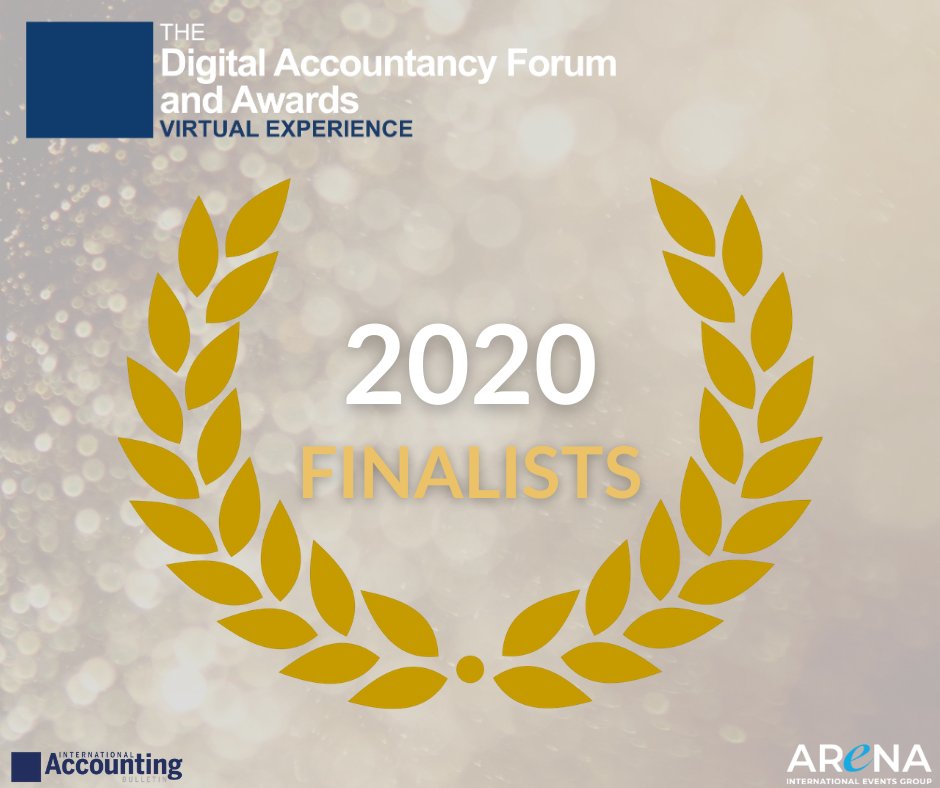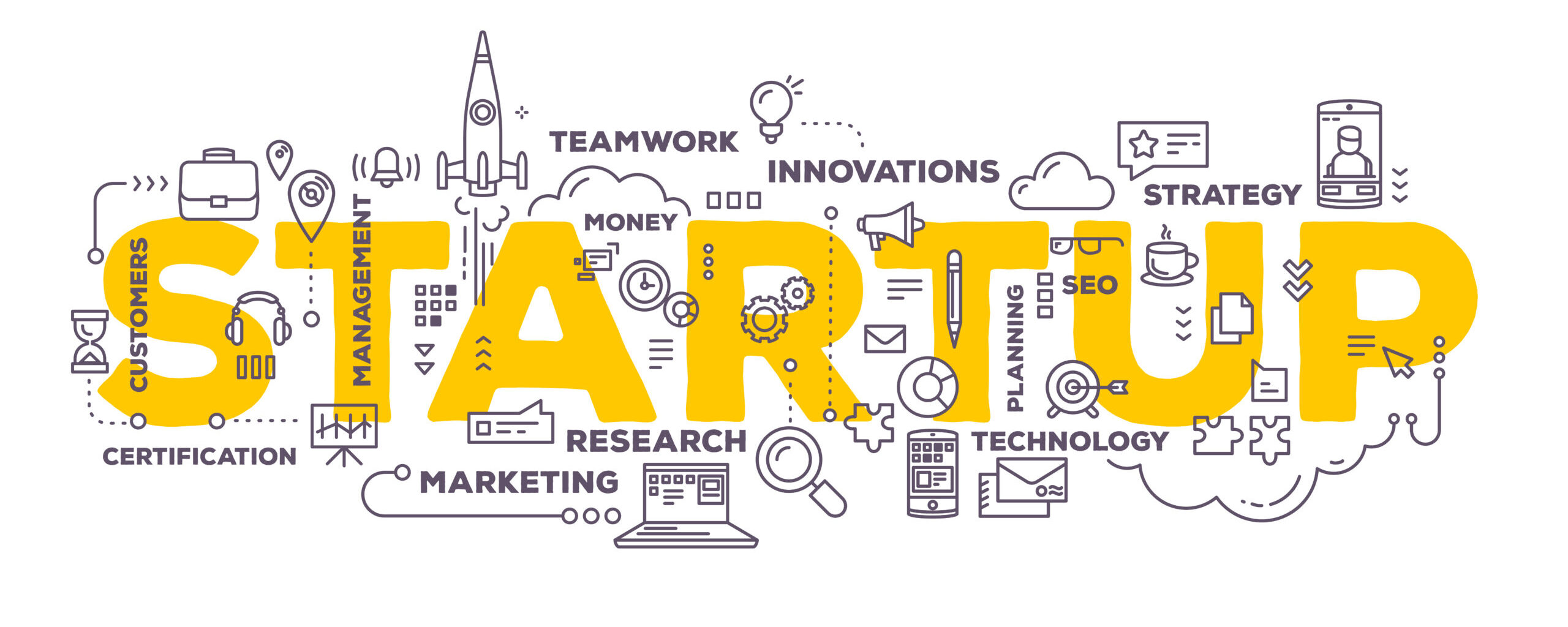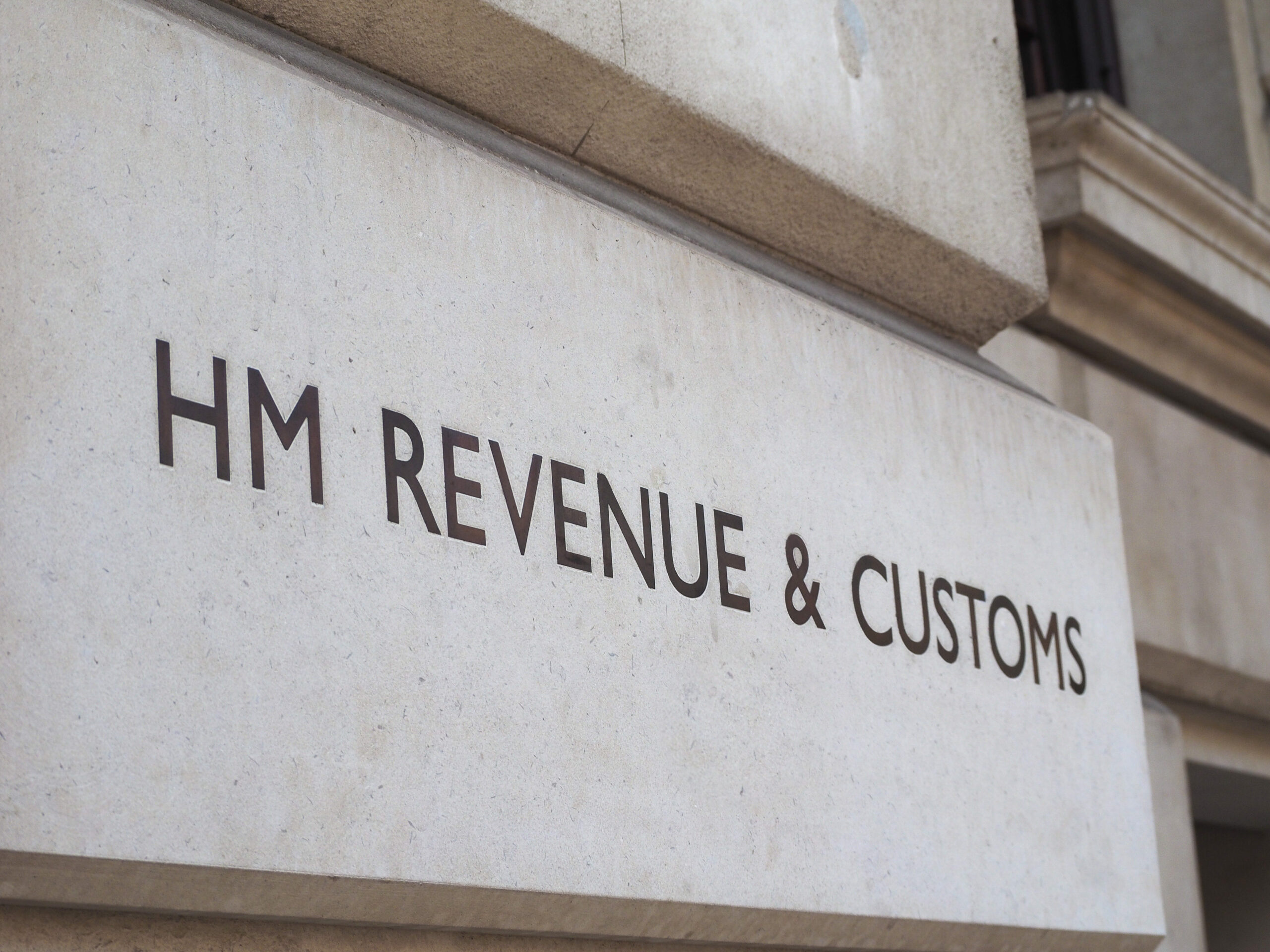The R&D tax credit specialists at made.simplr are celebrating having been named as finalists at the prestigious 2020 Digital Accountancy Awards.
The digital platform, which is taking the accountancy world by storm, has been shortlisted for the Accountancy Software of the Year category for its exceptional innovations within the profession.
The judges at this year’s awards were impressed by made.simplr’s ability to use existing cloud accountancy platforms to collate information and automate the R&D tax credit claim process to produce HMRC-ready reports.
This innovation is helping accountancy firms to reduce the costs and manpower employed in assisting businesses with this form of tax relief and opening up the market so that smaller practices can offer support to other businesses as well.
As its name suggests, the ultimate goal of made.simplr is to make the R&D tax credit system simpler using technology so that funding is available to a wider variety of companies, from the very smallest businesses to medium and large-sized enterprises.
Dr Sarah Malter, Managing Director at made.simplr, said: “We are delighted to be recognised at this year’s Digital Accountancy Awards – it is a real honour.
“It is fantastic to see that our innovative cloud-based approach to R&D tax credit claims is gaining recognition. It is also encouraging to see that the accountancy profession understands the benefits and value of using cloud-based solutions to make their lives easier and, in return, help so many businesses make the most of the financial support for innovation that is out there in the UK.”
made.simplr has already won several Government grants through Innovate UK for its work and hopes to add another success to its roster of achievements this year. It will find out whether it has been successful at the Digital Accountancy Forum and Awards, which this year is being held virtually on 30 September 2020.
To find out more about made.simplr and its forward-thinking approach to R&D tax relief, book a demo today!









